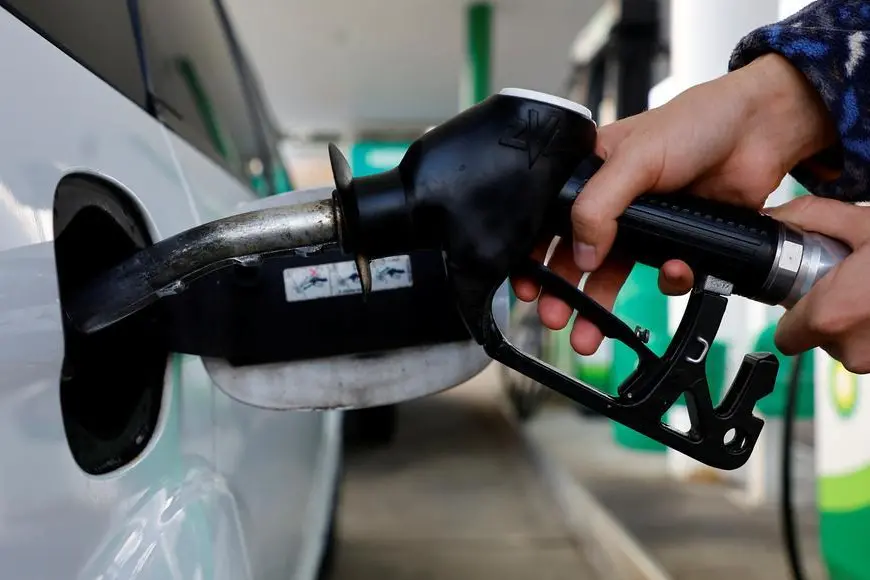PHOTO
Myanmar's energy ministry on Tuesday denied the country was facing a shortage of petrol and diesel stocks, even as long queues of motorists formed at petrol stations in some cities.
The military-controlled energy ministry said in a statement issued on a state media Telegram channel that the country's stocks held 45 million gallons of petrol and 70 million gallons of diesel, while two fuel shipments were also docked at port.
Still, two oil industry sources in Myanmar said new rules imposed by the central bank this month forcing people to convert foreign exchange into the local kyat currency had disrupted imports.
On Tuesday, photographs on social media showed long lines of vehicles waiting for fuel in several cities. "I witnessed just now that about 300 cars were lining up at a...petrol station," said Zaw, a taxi driver from the country's biggest city of Yangon, who declined to give his full name.
Fuel shortages would be another blow for residents in Myanmar where the economy has slumped since the army overthrew an elected government last year and launched a bloody crackdown on opponents.
Last month, parts of Myanmar also faced worsening power cuts blamed on higher gas prices used in electricity generation.
A senior official in Myanmar's upstream oil business told Reuters that some petrol rationing had occurred because of low supplies linked to the foreign exchange restrictions.
"We are struggling to purchase more as there are many difficulties to make payments because of the new restrictions," said the official, who declined to be identified.
A joint statement from foreign business chambers issued on April 8 warned that the new currency rules meant there could be "insurmountable challenges" for some businesses operating in Myanmar.
Separately, Japan's embassy in Myanmar in a letter to the central bank said Japanese companies would face serious challenges following the regulation.
A second oil industry source in Myanmar also said importers had not been able to get hold of U.S. dollars to pay suppliers.
Some petrol stations had to limit sales and some were making a loss on sales of fuel due to the artificial exchange rate, he said.
The official central bank exchange rate for the kyat is currently 1,850 per dollar, but this tends to be well below the unofficial black market rate.
(Reporting by Reuters Staff Writing by Ed Davies Editing by Kanupriya Kapoor)





















